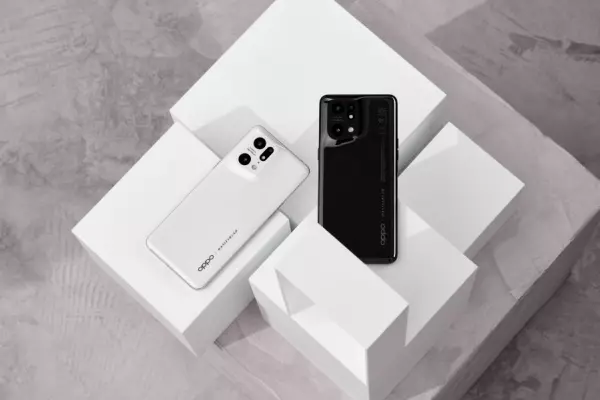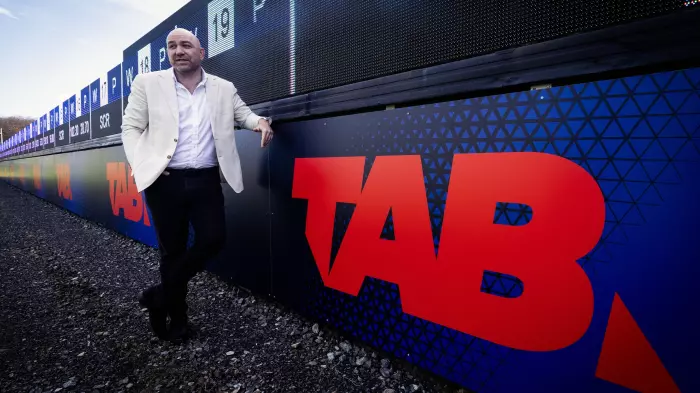Elon Musk’s satellite broadband service Starlink is available for customers in New Zealand to pre-order ahead of its scheduled 2021 international launch.
It will cost $799 for the hardware, which includes a satellite receiver, plus $159 per month for the service, and $114 for shipping and handling. At the time of writing, only $159 is payable upfront.
Entering an email address and residential address at the company’s website takes you to an order page where it states, “Starlink is targeting coverage in your area in mid to late 2021. Availability is limited. Orders will be fulfilled on a first-come, first-served basis. You will receive a notification once your Starlink is ready to ship.”
The page also notes orders are fully refundable, and that depending on location it may be six months before orders ship. Crucially, it adds that putting down a deposit does not guarantee service.
Starlink is a subsidiary of Musk’s SpaceX, the rocket-building rival to Kiwi Peter Beck’s RocketLab. BusinessDesk reported on Starlink’s plans to offer its service in NZ in October 2020 using ground antennas in the South Island.
The company has launched thousands of low orbit satellites which communicate with such ground station antennas to provide internet service internationally to those with Starlink hardware. While its official website says more launches and antennas will improve latency and uptime, it also notes "there will also be brief periods of no connectivity at all.”
The service is still in beta, the term used for when products are functional but testing by the company is still underway before final performance improvements are made.
Starlink promises data speeds from 50Mb/s to 150Mb/s, figures that rival the fixed fibre networks of NZ’s ultrafast broadband network. Basic fibre plans promise around 100Mb/s speeds but at considerably less cost for the consumer.
The price for Starlink is high compared to traditional fixed internet services. But Elon Musk’s star power, already proven in the dedication of Tesla owners, is at play.
And in NZ, those in rural communities where fixed and mobile services are poor may be attracted to a satellite alternative, no matter the cost.















